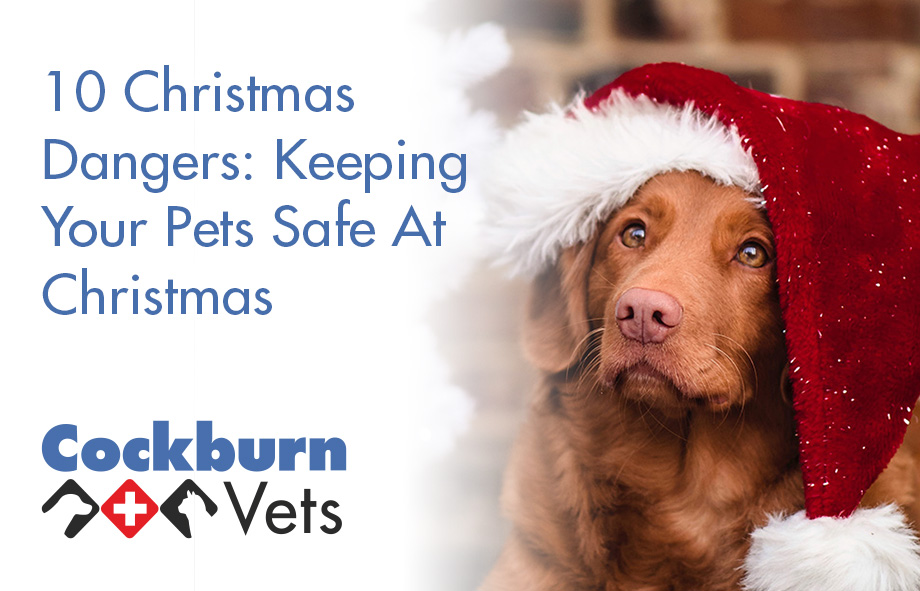Travelling with Pets from 01st January 2021
Over the past few months many of us have eagerly awaited information on the effects of Brexit on the Pet Passport Scheme and what impact this will have for travelling dogs, cats and ferrets. The government has now updated the information available and the most important things to know are below, however it is important to talk to your vet about what preparations you need to make before you travel from these places.
Please note some rules may vary for assistance dogs.

Travelling with pets to the EU or Northern Ireland
- Current EU pet passport issued in the UK will not be valid for travel to the EU or Northern Ireland from 01st January 2021.
- After 1 January 2021 before travelling with your dog, cat or ferret to either the EU or Northern Ireland, you’ll need to take the following steps, which although similar to the previous process mean that you will need an animal health certificate (AHC) instead of a pet passport.
- You must have your dog, cat or ferret microchipped.
- They must be vaccinated against rabies – your pet must be at least 12 weeks old before it can be vaccinated and the vaccine must be administered after your pet has been chipped.
- You will need to wait at least 21 days after the primary vaccination has been given before your pet can travel to the EU or Northern Ireland.
- You will need to visit a vet who is an ‘Official Vet’ to get an AHC (Animal Health Certificate) for your pet. We, like many practices, have a number of team members who hold this additional qualification. Further information on finding an official vet can also be found on the government’s website.
- AHCs can only be issued within 10 days of the date of outward travel to the EU or Northern Ireland. You will need a new animal health certificate (AHC) for each trip to the EU or Northern Ireland.
- Dogs travelling directly to Finland, Republic of Ireland, Northern Ireland, Norway or Malta must have treatment against the tapeworm (Echinococcus multilocularis) administered by a vet within 1 to 5 days before arriving in any of these countries. Details of this treatment must be entered on the AHC
- As long as your pet’s rabies vaccinations are kept up to date they will not need to get additional repeat rabies vaccinations for repeat trips.
How to get an animal health certificate (AHC)
You will need a new animal health certificate (AHC) for each trip to the EU or Northern Ireland. To obtain an animal health certificate (AHC) you will need to:
- Have your pet examined by an official vet no more than 10 days before you are due to travel to the EU or Northern Ireland
- You must bring along proof of:
- Your pet’s microchipping date
- Your pet’s vaccination history including against rabies
- The AHC will be valid for:
- Entry to the EU or Northern Ireland for 10 days after the date of issue
- Onward travel within the EU or Northern Ireland for 4 months after the date of issue
- Re-entry into Great Britain for 4 months after the date of issue
Arrival in the EU or Northern Ireland
When you arrive in the EU or Northern Ireland you will need to enter via a designated traveller’s point of entry (TPE). At the TPE you will need to present your pet’s original animal health certificate (AHC) together with proof of:
- Their microchip
- Rabies vaccination
- Tapeworm treatment (if required)
Returning to Great Britain
There will be no change to the current health preparations for pets entering GB from 1 January 2021.
- Your pet must have one of the following documents when returning to GB from the EU:
- an EU pet passport (issued in the EU, or in GB before 1 January 2021), or a pet passport from a Part 1 listed third country
- the AHC issued in GB used to travel to the EU – which you can use up to 4 months after it was issued
- a GB pet health certificate (for travel into GB only)
- You will need to take your dog to a vet for a tapeworm treatment. This must be administered by the vet no less than 24 hours and no more than 120 hours (5 days) before the time of entry to Great Britain. The treatment must be approved for use in the country where it is administered and must contain praziquantel or an equivalent product which is proven to be effective against the tapeworm Echinococcus multilocularis
- You do not need to treat your dog for tapeworm if you’re travelling directly to the UK from Finland, Republic of Ireland, Northern Ireland, Norway or Malta.
- Your pet will not need this documentation if it’s entering GB from:
- Northern Ireland
- The Channel Islands
- The Isle of Man
- Please make sure you check the routes before you travel as you must travel using approved routes. Please note this does not apply if you are travelling to Great Britain from other UK countries, the Channel Islands, the Isle of Man and the Republic of Ireland.
- Owners of assistance dogs returning from the EU do not have to travel on approved routes, but need to notify the point of entry in advance that they are travelling with an assistance dog to ensure the appropriate checks are done.
- Your pet’s documents and microchip will be checked when entering Great Britain.
If you need further help please contact the pet travel helpline either by emailing the pettravel@apha.gov.uk or by telephoning 0370 241 1710 (working hours are Monday to Friday, 8:30am to 5pm (closed on bank holidays)
Up to date advice can also be found on the government website.


